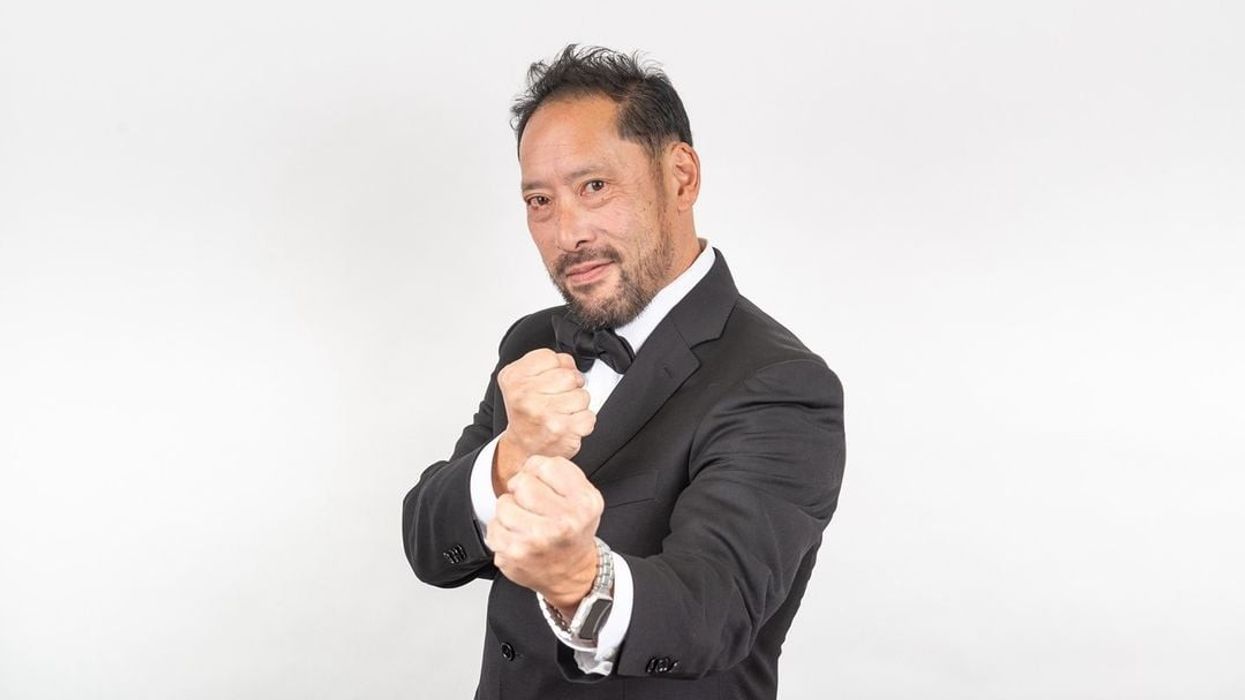Music connects people, says American singer-songwriter Allen Ling, who was recently in India along with Flipsyde guitarist Dave Lopez to promote their latest single "Closer" in the country.
The artist, primarily a physical therapist who began his music career a year ago, has swiftly climbed to the top of the music charts thanks to his critically acclaimed “Heartbreak” trilogy.
For his musical endeavours, Ling has teamed up with Lopez of the well-known American Rap Rock group, Flipsyde.
The duo was in Mumbai and Delhi last week as part of their Asia tour in support of "Closer", produced by actor Aramis Knight of “Ms. Marvel” fame.
“Music connects people. If you go to the concerts everybody gravitates to that person, that’s how people connect, the music has that connection with the audience. They (Indians) all say, ‘I don't sing very well’ and when they start singing, I feel they sing really well.
“It is the humility, raw talent, and passion for arts and music that people have (here). It seems like everyone is good at some kind of creative or artistic endeavour,” Ling, who was on his maiden visit to the country, told PTI in an interview here.
Indians love music, said Dave, who performed with his band Flipsyde for the first time in the country in 2005.
“We played it in public, and it was an incredible experience. We had received a lot of love. I learned a lot about India, and how much you all love music, there's so much passion here. It's nothing like this. We have toured in the US, but India was different," he recalled.
Describing Mumbai as a “vibrant city”, Ling said he was impressed by its juxtaposition of skyscrapers and small buildings.
“We see the amazing 20 to 30 storey tall buildings, and next to it, there are tiny buildings. It’s like wow, everything is just pushed together. It impresses me. “Everyone is nice and civilised to each other. You don’t always get to see that. I've learned that everyone here says ‘Namaste!’, it is such a polite greeting. I do that as much as I can but if I have my phone in my hand, I’m (still) doing it,” he quipped.
During their stay in Mumbai, Dave and Ling visited the popular tourist spot Gateway of India, which is located across from the Taj Mahal Palace hotel.
Ling said he felt “safe” while strolling around the streets here, unlike the US.
“When we went out, I felt very safe. It was not like we were nervous. San Francisco is a great city but there's a lot of crime that happens there.
“I don't dare to drive my car even eight miles (approximately 13 km) because when I park my car and come back, my window will be broken. The crime rate is so high,” he added.




